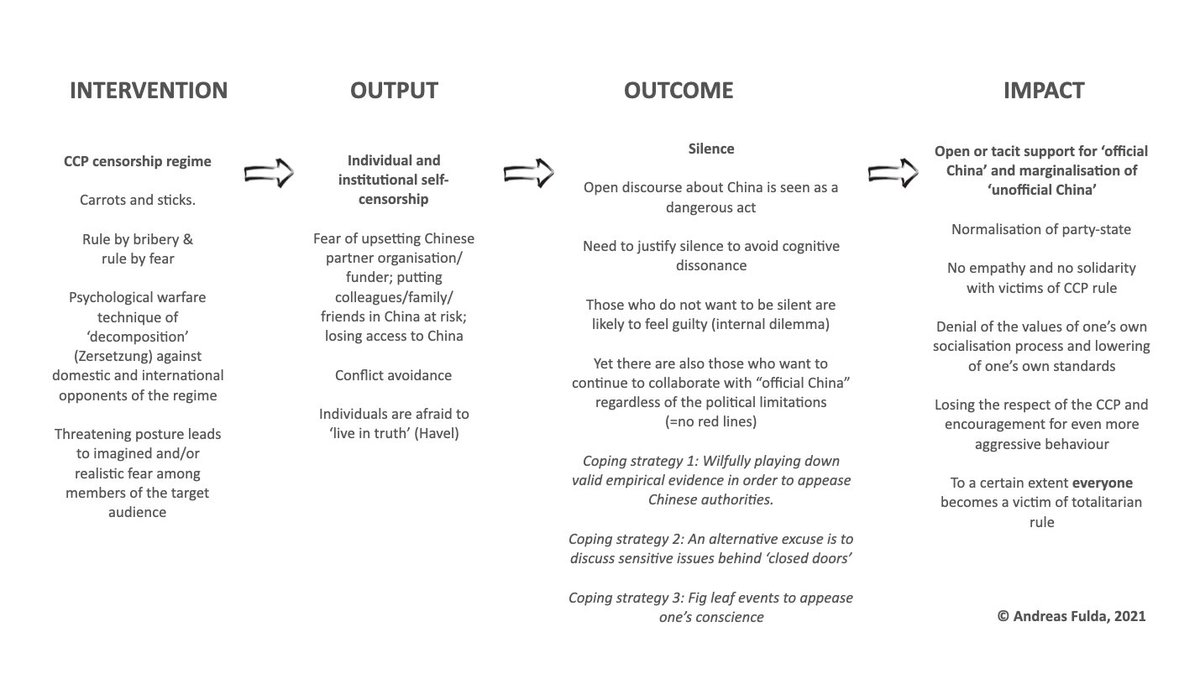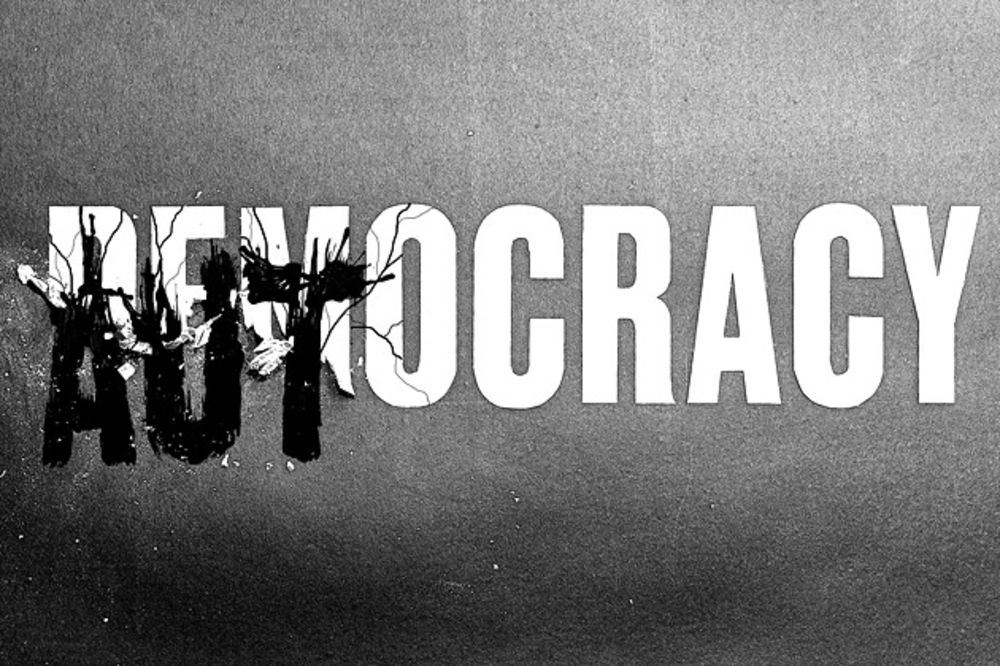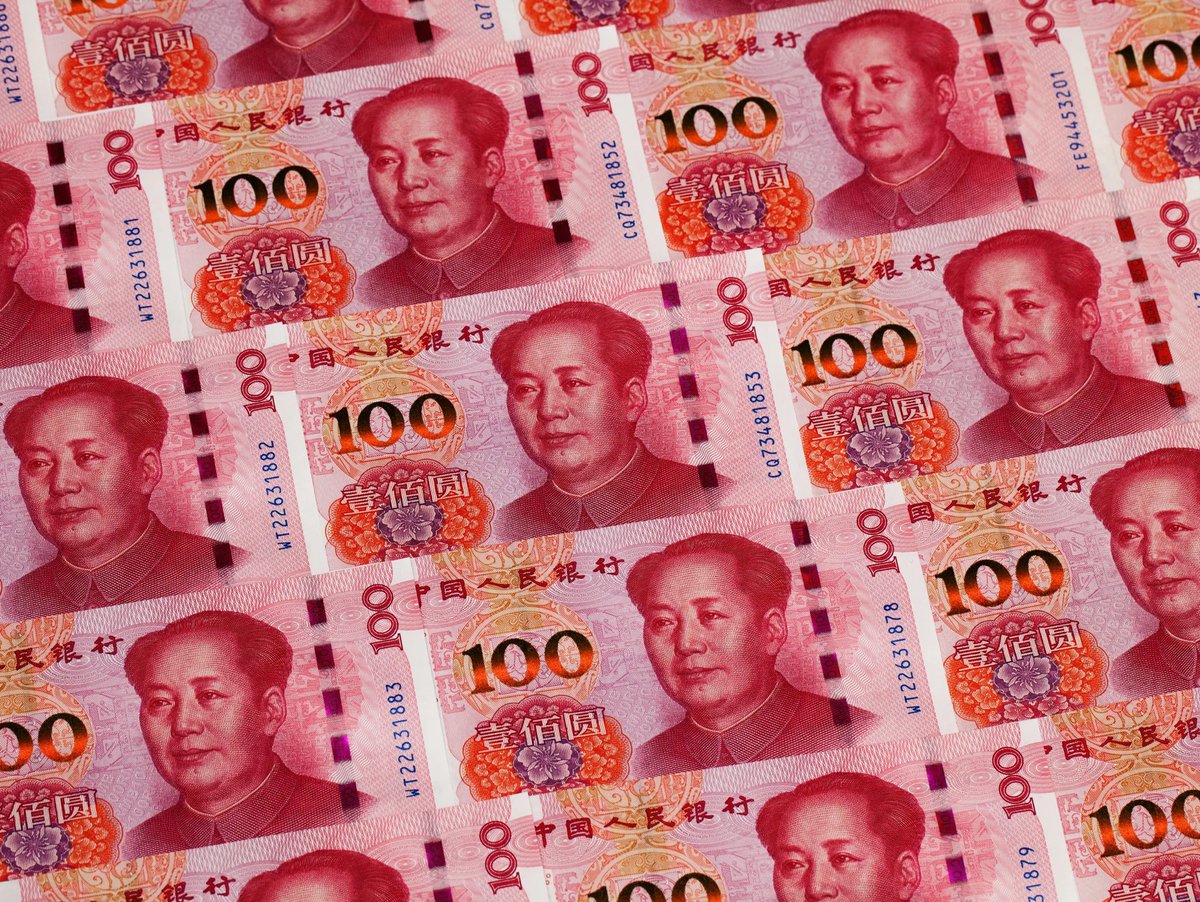
Former 🇩🇪 Foreign Minister Joschka Fischer has published a highly problematic op-ed in @china_table.
Based on a critique of a supposedly 🇺🇸 initiated Cold War 2.0 - more about this later - he makes the case for unconditional 🇨🇳 engagement.
A short 🧵/1 table.media/china/standpun…
Based on a critique of a supposedly 🇺🇸 initiated Cold War 2.0 - more about this later - he makes the case for unconditional 🇨🇳 engagement.
A short 🧵/1 table.media/china/standpun…
Fischer's analogy to Cold War 1.0 is a red herring. The threat which the Chinese Communist Party poses to peace within and outside 🇨🇳 can not be directly compared to the former USSR. It is a different kettle of fish. What I find worrisome is how Fischer misrepresents the CCP /2 

Fischer describes 🇨🇳 as "a market economy under Leninist auspices". This "hybrid character" supposedly explains China's "success story" and its ability to overtake the 🇺🇸 technologically and economically by 2030. The many costs of China's political system do not feature at all /3 

Fischer seems unaware of the increasingly predatory nature of the Chinese party-state, with rampant rent seeking and systemic corruption in state & society; business; food industry; education; health care; journalism etc. Neither does me mention Xinjiang, Hong Kong and Taiwan /4 
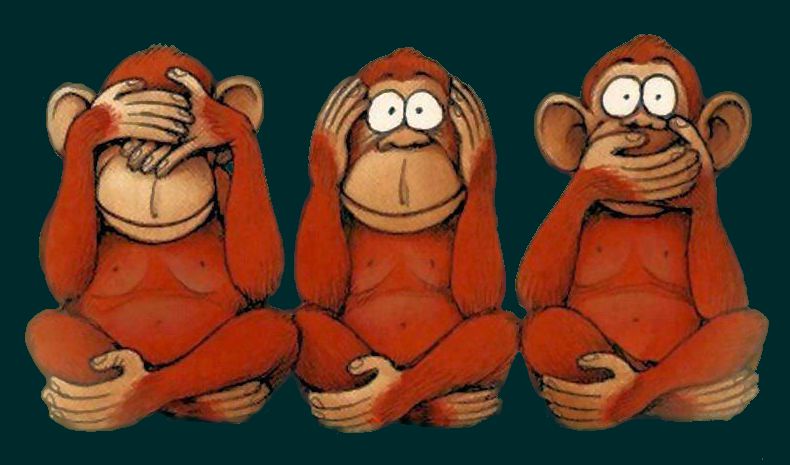
But Fischer does not concern himself with the way China is governed. He views 🇨🇳 exclusively through the prism of US-China great power rivalry. He ridicules any attempts to either change or contain CCP-led China and suggests unconditional cooperation as a simplistic solution /5 

Fischer justifies unconditional China engagement with reference to climate change & pandemic mitigation. China's over-reliance on and investment in coal isn't mentioned, neither does he seem concerned about the initial cover-up of Covid-19 in Wuhan. He is completely uncritical /6 

Fischer could have discussed the systemic competition between democracies & autocracies independently from US-China great power rivalry. This would have required him to critically assess the relationship between 🇩🇪 and 🇨🇳. But he does not comment on this crucial relationship /7 

Fischer's silence on Sino-German relations is odd. While he mentions "economic dependencies" on China's market he fails to offer remedies. But doesn't Made in China 2025 directly challenge 🇩🇪's Industry 4.0? Doesn't Covid-19 show the weakness of global supply chains? @Der_BDI /8 

And what are Fischer's views on the Chinese Communist Party's hybrid interference in 🇩🇪? What we are witnessing is what Mikael Wigell @MWigell calls a "'wedge strategy' (...) a policy of dividing a target country or coalition, thereby weakening its
counterbalancing potential" /9
counterbalancing potential" /9
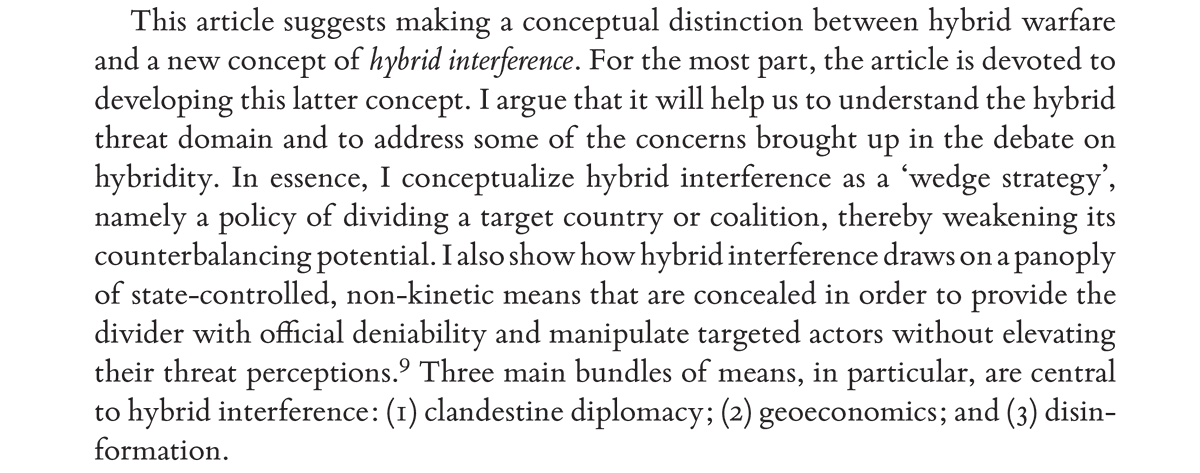
We can already see that the CCP's globalised censorship regime leads to self-censorship. 🇩🇪 culture, academia, media & publishing (the CAMP sectors) are all vulnerable to hybrid interference by state and non-state actors under CCP control. Is Fischer unaware of these threats? /10 
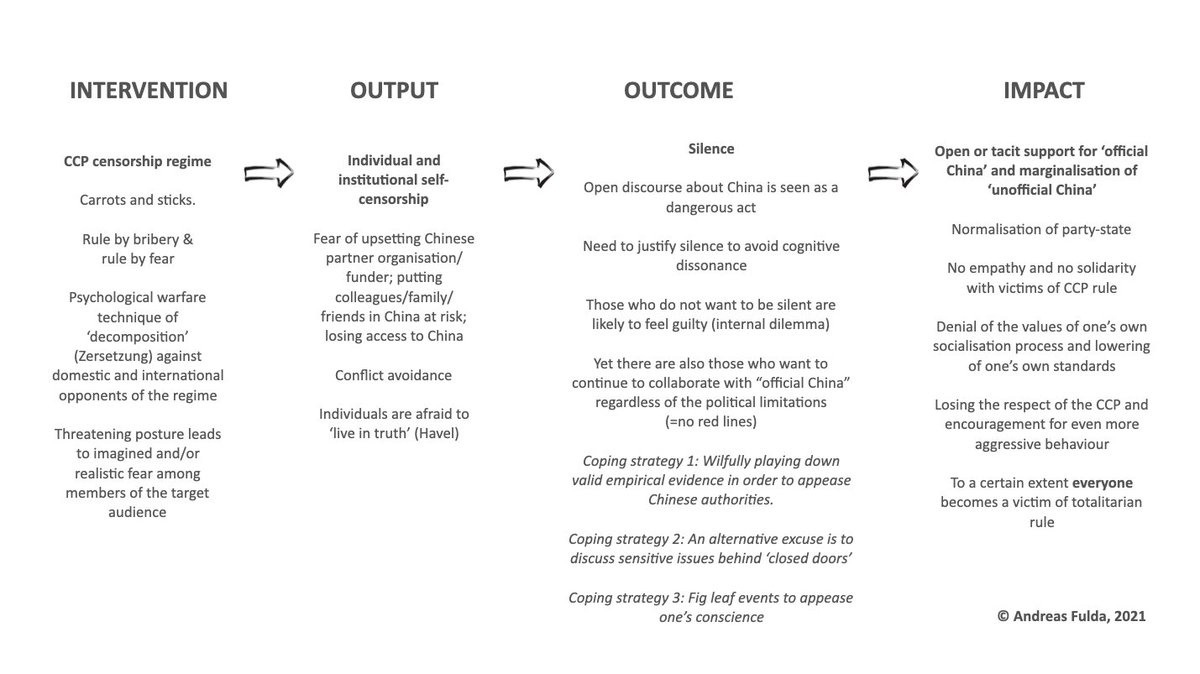
Former German Foreign Minister Joschka Fischer has a special responsibility to inform the public about threats to our democratic system. His op-ed in @China_table is not only ill-informed but also obfuscates the challenge at hand. This undermines our #democratic #deterrence /11 

In my @china_table op-ed from 6 April 2021 I argued for a paradigm shift in German China policy (see Twitter 🧵 below). In the following I will add specific policy recommendation for Germany's economic and political relationship with CCP-led China /12
https://twitter.com/AMFChina/status/1379288667143954432?s=20
To reduce 🇩🇪 dependency on 🇨🇳's market we need partial decoupling and reshoring of key industries, e.g. pharmaceutical manufacturing. German companies in key sectors like education, health, energy, water, transport & communication should be protected from Chinese takeovers /13 
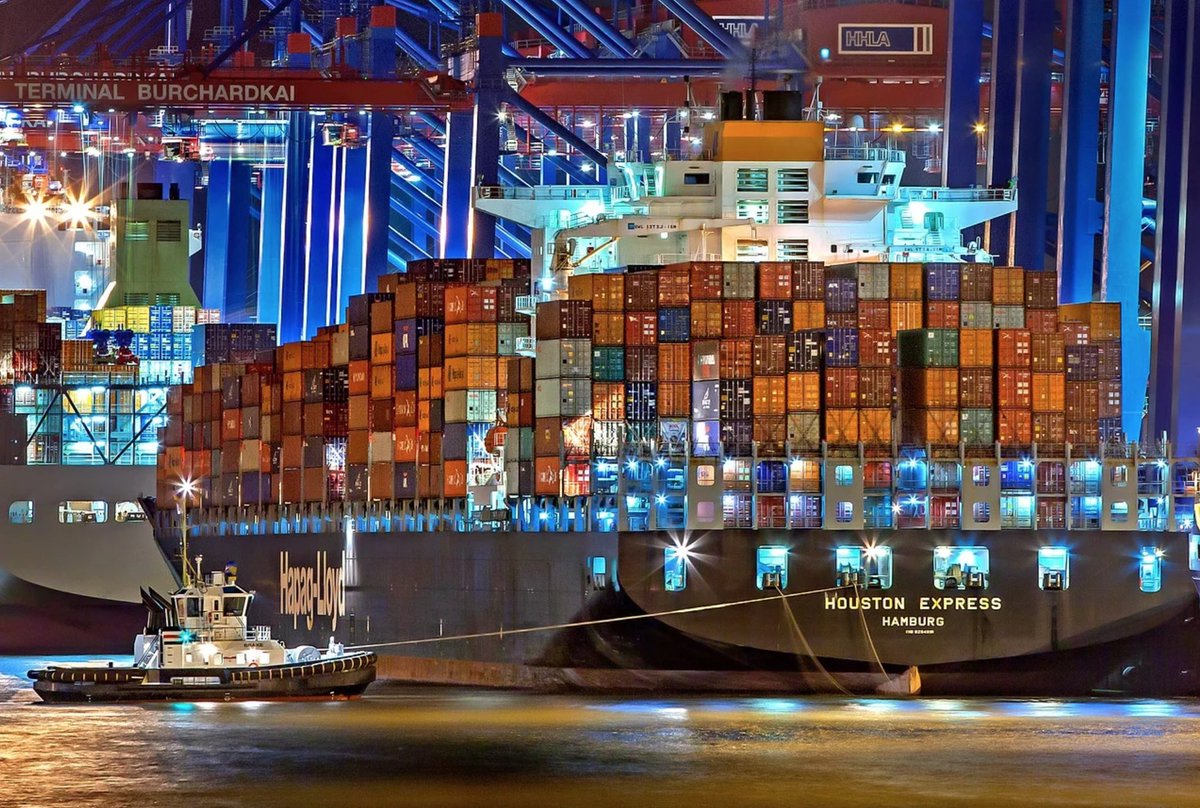
And to dissuade the Chinese Communist Party's hybrid interference in Germany we should heed the advice by @MWigell and develop "counter-measures against the hybrid influencing toolbox of clandestine diplomacy, geo-economics and disinformation" /14 fiia.fi/en/publication…
As @MWigell rightly points out "liberal democratic values (...) can be turned into strengths and tools for a credible deterrence response against hybrid aggressors, all the while making our Western democracies more robust and resilient." /15 

Wigell recommends a two-pronged democratic deterrence strategy which relies on "deterrence by denial: improving democratic resilience" and "deterrence by punishment: discovering democratic compellence". They both require a whole-of-society approach & the drawing of red lines /16 



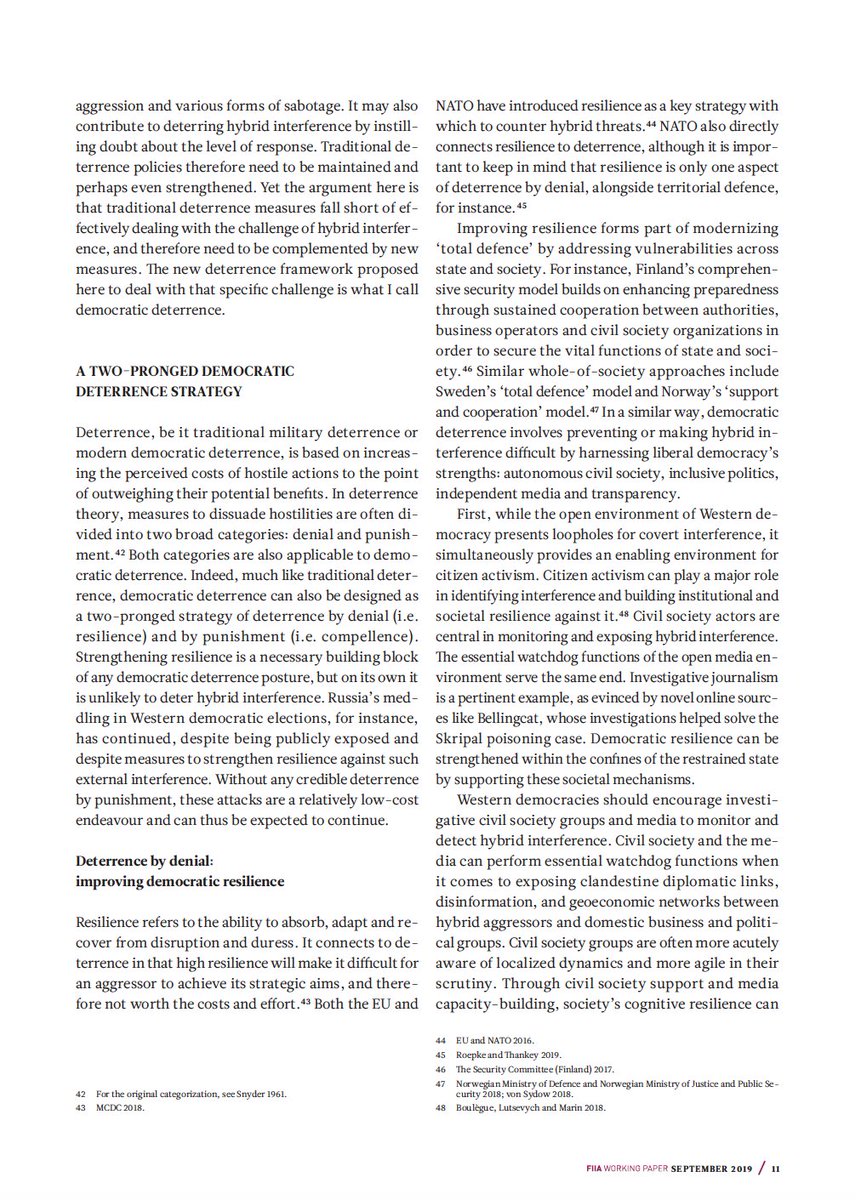
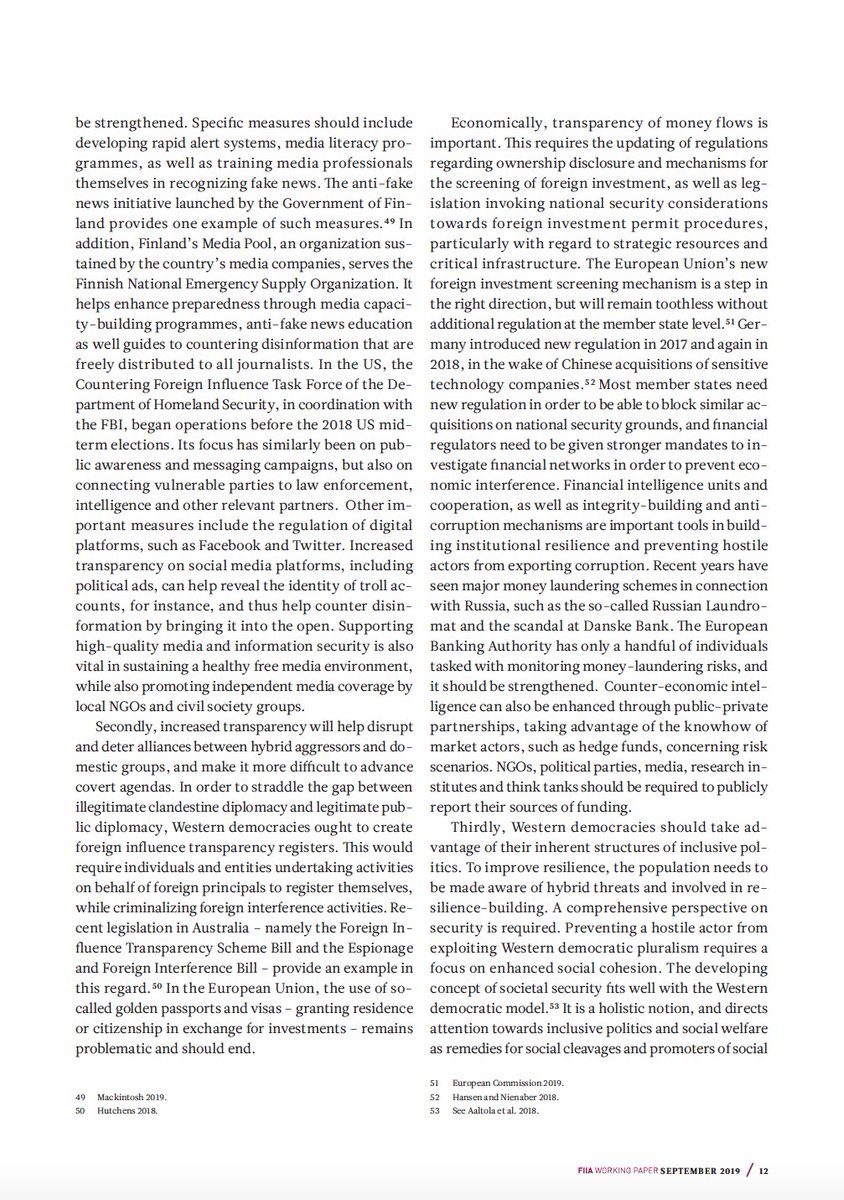


Let me conclude. Fischer's op-ed in @china_table is emblematic of the very superficial China discourse among members of Germany's political establishment, both past and present. His musings are also largely divorced from the real-world challenges we face with CCP-led China /End 

• • •
Missing some Tweet in this thread? You can try to
force a refresh




